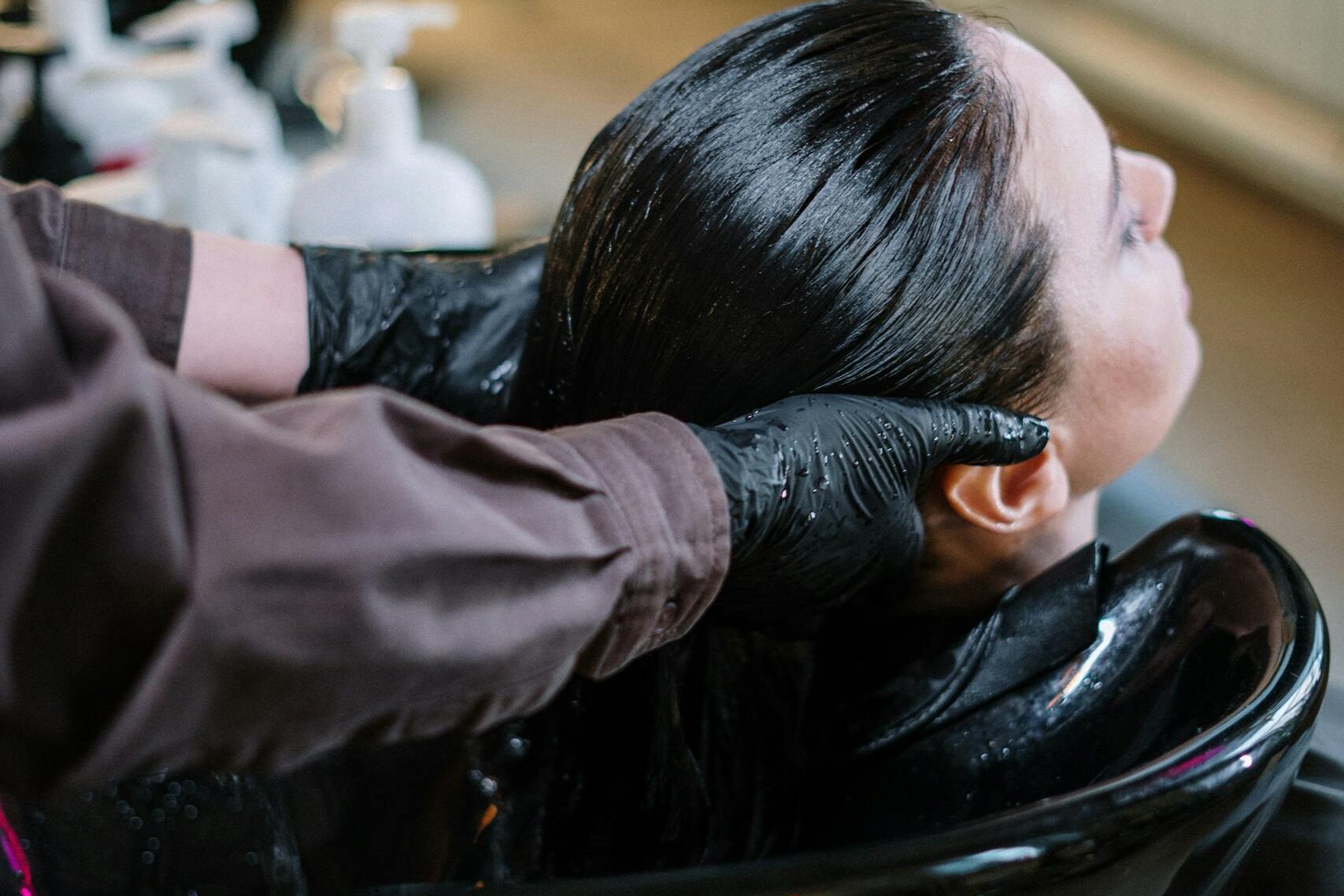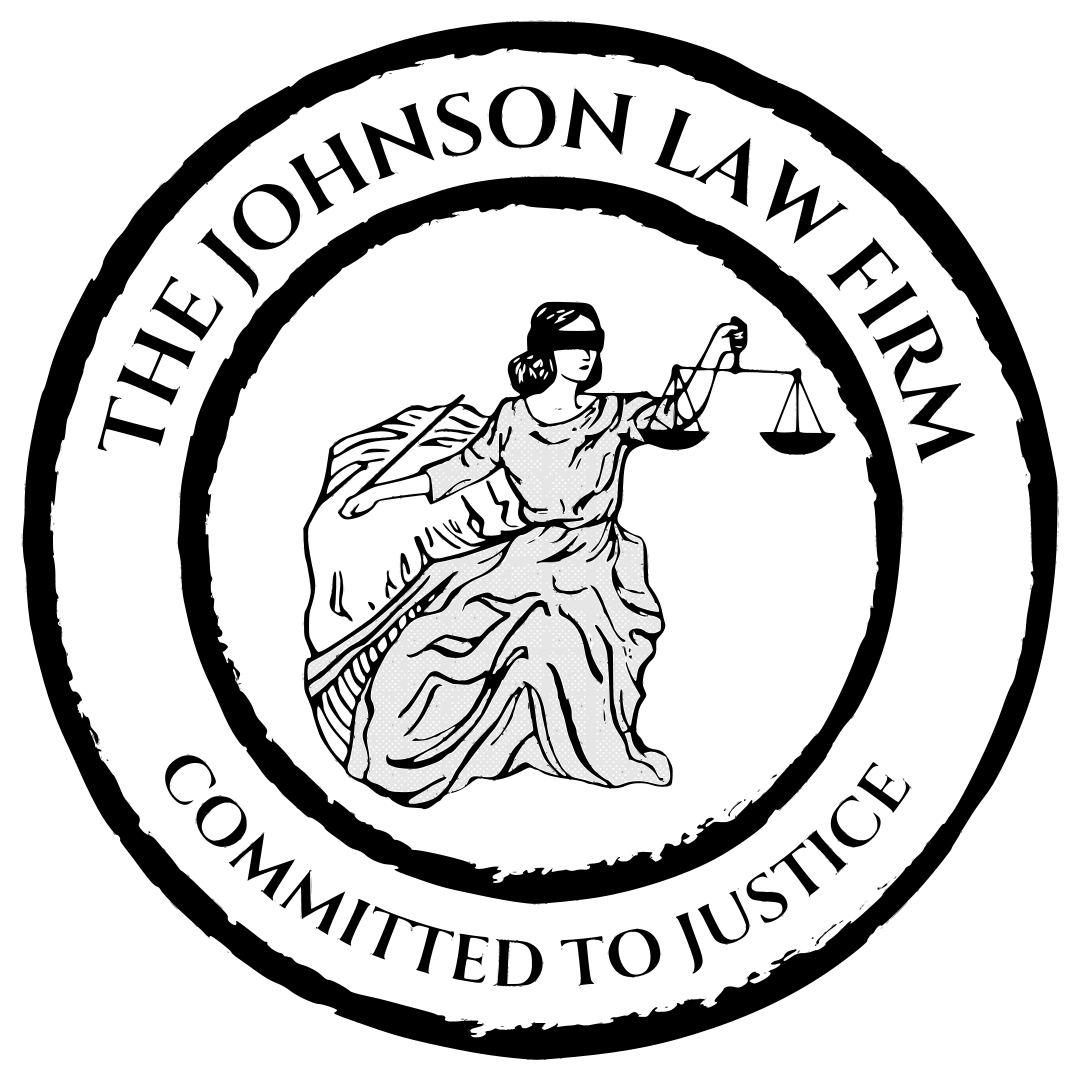Hair Relaxer Lawsuit
Chemical hair straighteners & gynecologic cancer risk • Free, no-risk case review • Nationwide representation
Quick Facts: Hair Relaxer Lawsuit
If you – or someone you care for – used chemical hair relaxers and were later diagnosed with uterine, ovarian, or other gynecologic cancers, you may qualify for significant compensation through a hair relaxer lawsuit.
Free Hair Relaxer Lawsuit Review
CALL NOW: 1-866-374-0338
Do You Qualify for a Hair Relaxer Lawsuit?
Medical Criteria
Most claimants meet at least one of the following:
Preferred Documentation
If you don’t yet have these, our team can help you secure them
Even if you’re unsure about your records, our legal team can confirm whether you qualify for a hair relaxer lawsuit.
Get a free hair relaxer case review →
Hair Relaxer–Related Cancer Symptoms
Abnormal Vaginal Bleeding
Pelvic or Abdominal Pain
Unexplained Bloating
Painful or Frequent Urination
Persistent Fatigue & Weakness
Unintended Weight Loss
ALERT: Early detection of gynecologic cancers dramatically improves treatment options and strengthens your legal claim – see a doctor right away if you notice any warning signs after using hair relaxers.
Hair Relaxer Lawsuit Timeline
Covering the key litigation milestones that track hair relaxer cancer claims from first filings through the latest MDL progress.
2022: First Hair Relaxer Claims Filed
February 6 2023: MDL No. 3060 Established
May 6 2024: Second Wave of Defendants Added
june 2025: over 10,000 Actions Pending
Harmed by Chemical Hair Relaxers?
If you – or someone you love – used chemical hair relaxers and were later diagnosed with uterine, ovarian, endometrial, or breast cancer, contact us for a free, no‐obligation hair relaxer lawsuit case review.
or
With over 30 years of mass-tort experience and more than $100 million recovered for clients nationwide,
The Johnson Law Firm has the resources and expertise to handle your hair relaxer lawsuit on a contingency‐fee basis:
you pay nothing unless we win compensation for you.
Real Results From Real Clients
“I was scared before I hired The Johnson Law Firm. They fought for me – and I was overwhelmed with the result. I received half a million dollars.”
— Nina S.

How a Hair Relaxer Lawsuit Works
When chemical hair relaxers cause gynecologic cancers, U.S. product-liability law lets you seek compensation if manufacturers failed to warn or concealed risks. Here’s the roadmap:
Results-Driven Representation: Focus on your recovery while we fight for the maximum compensation you deserve in your Hair Relaxer Lawsuit.
Our Hair Relaxer Lawsuit Process
At The Johnson Law Firm, we guide you through every phase of your Hair Relaxer Lawsuit – combining national MDL expertise, top medical experts, and tenacious advocacy to maximize your recovery.
Our Process:
Results-Driven Representation: Focus on your health and family while we fight to deliver the maximum compensation you deserve in your Hair Relaxer Lawsuit.
